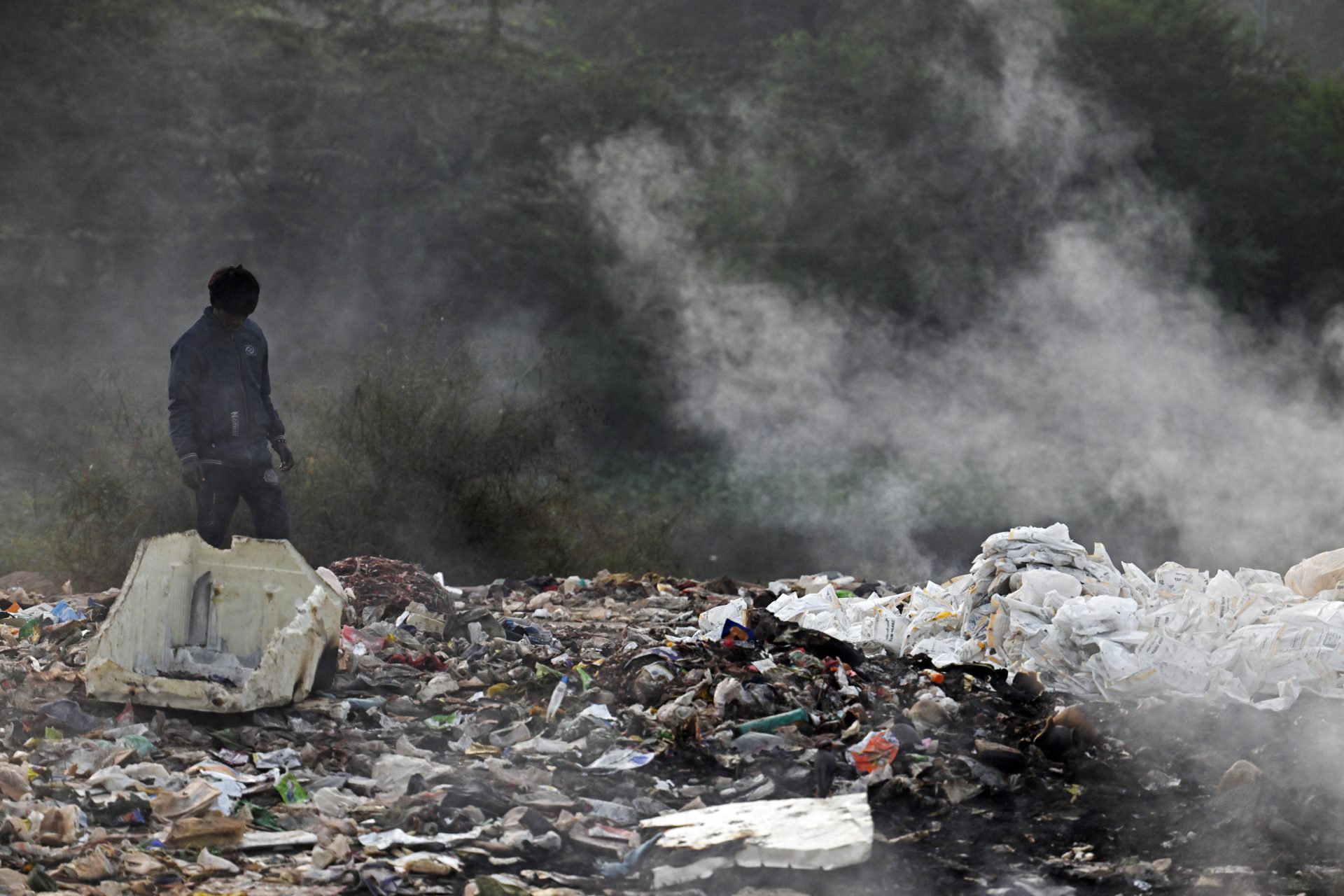Pro-environment groups in Asia have secured a major win as the World Bank’s International Finance Corporation (IFC) withdrew its proposed $40 million investment in Waste-to-Energy (WTE) incinerators in Gujarat, India.
The decision follows strong opposition from local communities and environmental organizations over pollution, public health risks, and legal violations.
The investment, proposed in May 2024, aimed to fund Abellon Clean Energy Limited (ACEL) in building four WTE plants in Rajkot, Vadodara, Ahmedabad, and Jamnagar.
These plants would have burned 3,750 tons of unsegregated waste daily, raising concerns over emissions and regulatory non-compliance.
Local and global opposition began in 2022, with organizations such as the Centre for Financial Accountability, International Accountability Project, Recourse, Break Free From Plastic, and the Global Alliance for Incinerator Alternatives (GAIA) leading advocacy efforts.
In August 2024, 174 civil society organizations (CSOs) urged IFC to withdraw, further pressing the issue at the World Bank Annual Meetings in October.
IFC delayed its decision twice before removing the project disclosure page in January 2025. On February 17, 2025, it confirmed it had not proceeded with the investment.
Residents of Jamnagar, home to an existing ACEL WTE plant since 2021, have reported severe pollution and health problems.
“The IFC’s withdrawal from the project is an important victory for the locals harmed by the plant. Still, nothing short of a complete shutdown of the plant will bring relief to the affected communities,” said Ker Jayendrasinh, a community advocate in Jamnagar.
CSOs raised concerns over ACEL’s financial instability, citing a net loss of $2.18 million in 2023 and rising debt burdens.
“Despite receiving various benefits from the government in the form of Viability Gap funding, beneficial electricity prices, revenue from the sales of carbon credits and plastic credits, and an aggregate processing fee from the Urban Local Bodies (ULBs), the WTEs in India are financially unviable and continue to operate primarily because of government subsidies,” said Chythenyen Devika Kulasekaran of CFA.
Critics argue that IFC and other development finance institutions are perpetuating environmental racism by funding WTE incinerators in India and other parts of Asia, where these projects contribute to severe air pollution.
IFC’s withdrawal aligns with a global trend. In 2024, the Asian Infrastructure Investment Bank canceled a $100 million loan for WTE projects, while the European Union has begun phasing out incinerators due to their high carbon footprint.
“Public finance should best support Zero Waste solutions such as waste avoidance, segregation, collection, reuse, and safe and inclusive recycling systems,” said Mayang Azurin, GAIA Asia Pacific Deputy Director for Campaigns.







